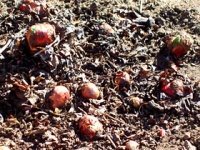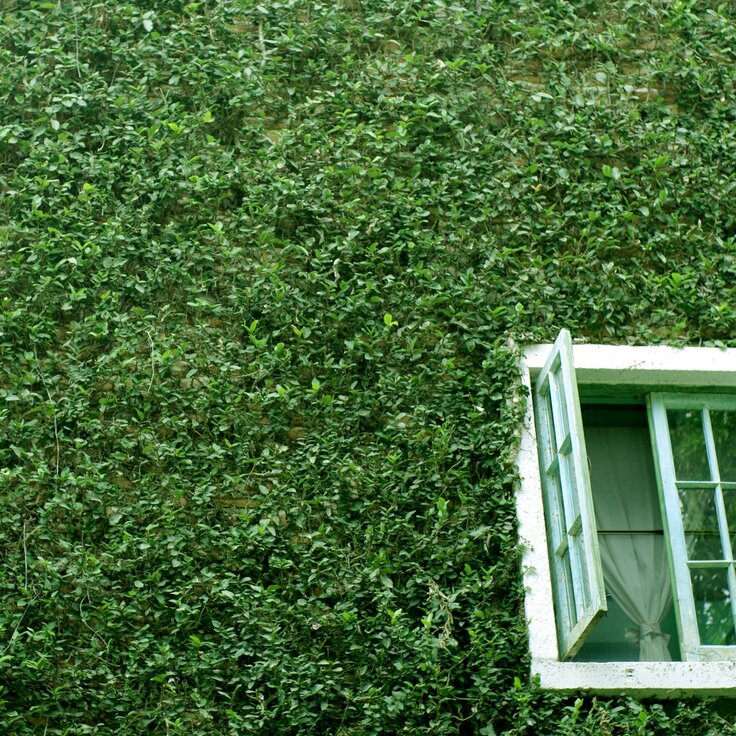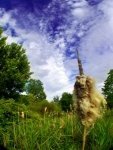San Francisco divide over non-native eucalyptus highlights urban forest challenges
While this space is not meant for resolving local disputes, the trade-offs cities face in urban forest management often yield insight for others.
The debate in San Francisco over the fate of largely-invasive species in the 61-acre Mount Sutro Open Space Reserve, is one of those cases.
The culprit is the eucalyptus, a non-native tree that offers a towering and majestic forest at the heart of the city – and severe headaches to neighboring University of California San Francisco, the landowner.
Leave it alone, say some nearby residents, citing the forest as a special reprieve from a dense metropolis. Cut (many) of the trees down, reply UCSF officials, citing infestation and the danger of fallen limbs and fire hazards.
UCSF has plans to replace the eucalyptus with native trees and grasses. A “leave things as they are” attitude that downplays management could amplify problems later. Some residents agree.
Divides over non-native species are not new. According to the San Francisco Chronicle, a neighbor in nearby Marin County sued a neighbor to force removal of a eucalyptus after warnings from an arborist. Current and prospective Arbor Day Foundation members often inquire about whether the trees we ship are invasives – and sometimes what is thought to be invasive is in fact a related species that adapts much better.
A recent op-ed in the Chronicle seeks a broader perspective. Asks Joel Engardio: why should the city take on an expensive forest overhaul when the buses aren’t running on-time and parks are overdue for maintenance? It’s not clear from the reporting whether taxpayers or UCSF would foot the bill for the project, but perhaps the broader point still resonates.
Engardio says: by all means, take down individual trees that pose a threat. But can land management be done in a piecemeal way? Is what UCSF proposes too far-reaching?
Cities grow and change, as so forests. Questions like these are the inevitable result of that change.
Source: blog.arborday.org








